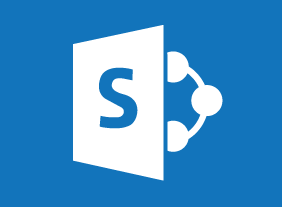-
Body Language: Reading Body Language as a Sales Tool
$99.00In this course, you will learn how to interpret personal space, gestures, facial expressions, body movements, and posture. Youll also learn how to send the right message with body language, dress, and personal interactions. -
Workplace Health and Safety: The Supervisor’s Role and Responsibilities
$99.00At the end of this course you are going to be able to understand the employers and supervisors responsibilities for workplace health and safety and you will also learn about, and understand, the three rights of workers. You will learn about Health and Safety Committees, employee orientation checklists, health and safety training for employees, and the importance of communicating health and safety information. -
Crisis Management
$99.00To begin this course, you will learn how to put the right people in place with a crisis management team and appropriate training. Then, you will learn how to identify and assess crisis risks, develop a response process, and gather appropriate resources. You will also learn how to respond to, document, and investigate crises; establish an emergency operations center; create a continuity plan; and recover from a crisis. -
Human Resources Training: HR for the Non-HR Manager
$99.00This course will introduce you to basic human resource functions, including hiring, orientation, training, performance management, diversity, privacy, and disciplinary issues. -
Digital Citizenship: Conducting Yourself in a Digital World
$99.00You will be presented with the concept that, just as in the real world we have certain rights, responsibilities, and standards of behavior as citizens, this is true in the digital world as well. This will be supported by looking at the similarities between the two worlds. Your understanding of what digital citizenship entails will be increased by examining its three principles, each of which is comprised of three elements. You will be counselled on how to practice good citizenship using each of the elements. The course finishes up with giving you exercises designed to reinforce the principles. -
Microsoft PowerPoint Online: Working with Tables
$99.00In this course you will learn how to create, edit, and format tables.




































